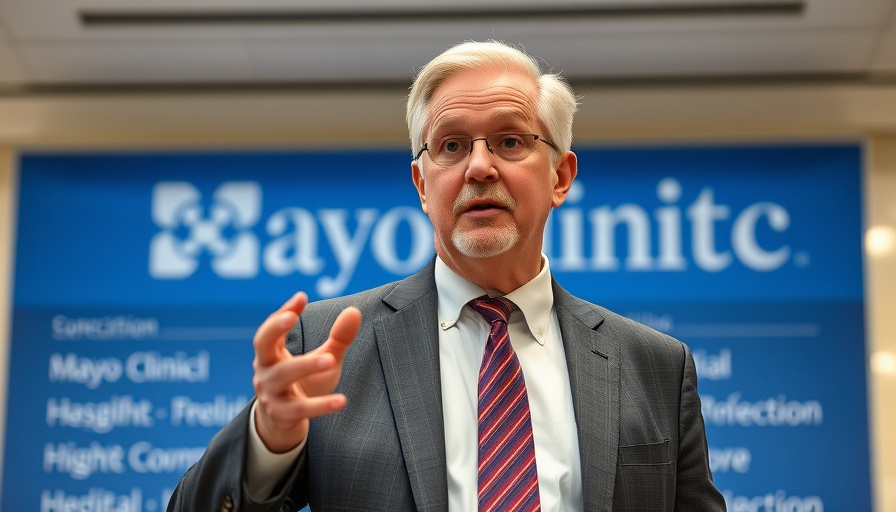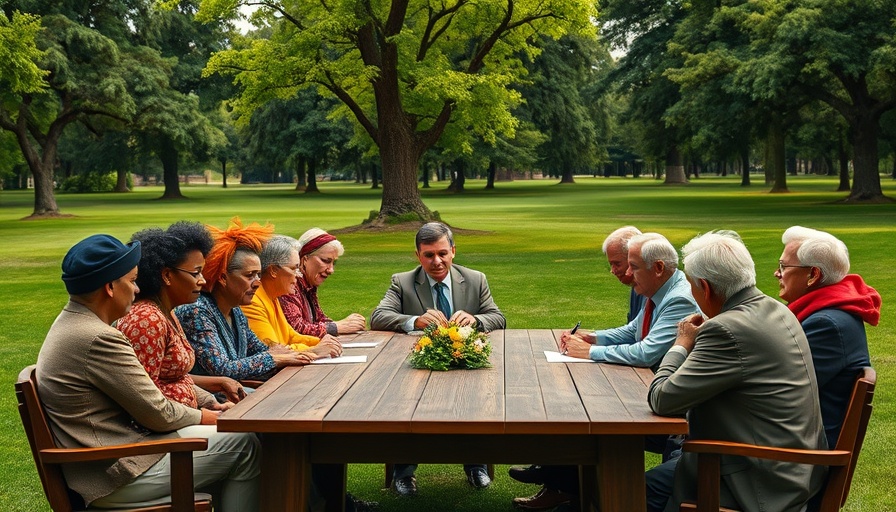
Understanding Involuntary Commitment: A Community Debate
In the world of mental health, discussions surrounding involuntary commitment are not only multifaceted but deeply personal. A recent series of letters to the editor in STAT highlights this complexity, revealing a rich tapestry of opinions from various corners of the healthcare community and families affected by serious mental illness. The voices shared express both anguish and hope, illuminating the pressing need for systemic changes in how we approach mental health care.
The Complex Nature of Mental Illness Treatment
One particularly poignant letter comes from a mother who lost her son to schizophrenia, emphasizing her belief that making involuntary commitment easier could have saved his life. This perspective brings a heartfelt urgency to the debate, advocating for reforms in how mental health care is delivered. Conversely, critics argue that involuntary treatment could undermine autonomy and dignity. For many, the fear of being treated as a statistic rather than a person weighs heavily in discussions about reform.
Emotional Perspectives Enhance the Dialogue
Responses to the call for easier involuntary commitments reflect a mosaic of emotions—frustration, fear, and a longing for more compassionate care models. One reader shared a story about a friend who was forced into a psychiatric hospital, revealing the traumatic aftermath that often accompanies mental health interventions. This adds another layer to the discourse, as it begs the question: How do we balance necessary interventions with the humane treatment of those in our care?
The Way Forward for Mental Health Strategies
The underlying messages from these letters encourage a reevaluation of our approaches to mental health. A pivotal suggestion is for mental health care systems to incorporate more community-based resources and support networks. After all, ensuring mental well-being is not solely the responsibility of healthcare providers; it requires an engaged, informed community working together to provide holistic support.
As we navigate this challenging landscape, it's vital to remember the stories behind the statistics. Understanding different viewpoints can help shape a future where mental health care is both effective and respectful of an individual's rights. Advocacy for better systems is crucial, but it must go hand-in-hand with compassion and understanding.
Involuntary commitment will remain a controversial topic, but through open conversation and shared stories, we can work towards a mental health care system that truly meets the needs of its community members. It is time to listen, learn, and act to promote a healthier, more empathetic approach to mental health.
 Add Row
Add Row  Add
Add 




Write A Comment